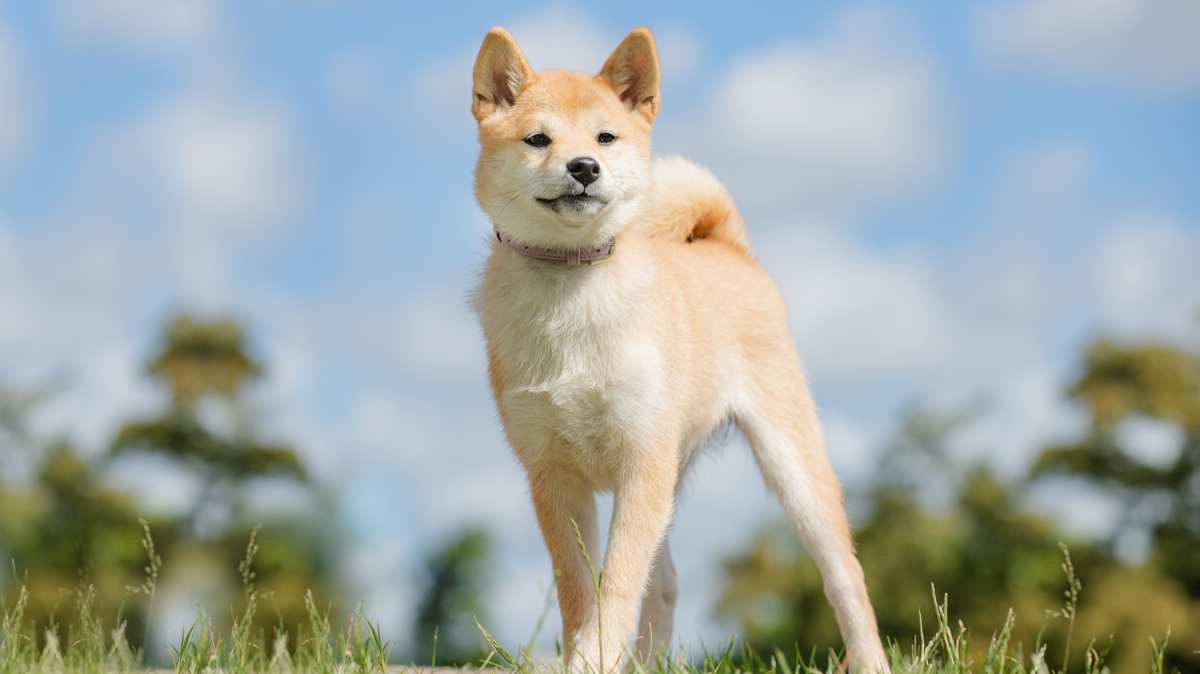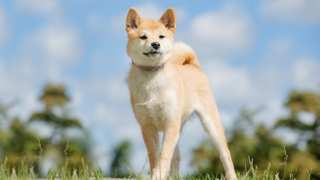There is perhaps no richer, older, or more intriguing canine story than is found in Canaan Dog history. Exquisite, massive, and innovative cave drawings dating back some 8,000 years clearly depict the eastern-based Pariah Dog, which is the direct forebear of the Canaan Dog.
If you are wondering how the breed got its name, it's no coincidence that there is the Land of Canaan — this is where the dogs came from! The Pariah Dogs were first noted as having been dogs that were used by the Israelites to guard property and herd flocks. The Romans sent the Hebrews as well as the dogs scattering across the desert. There were those that were kept by the Bedouin where they worked much as they had with Hebrew people before the crisis.
In the 1930s, as WW2 was building to a slow crescendo, a Dr. Rudolphina Menzel became a key figure in the breed's modern development. Israel settlements needed protection, and the Canaan Dog was trained en masse to be dogs of war for what would later be known as the War of Independence. As these dogs had long submitted in the harsh environs and hot climes of the high desert, she rightly imagined the breed to be a superior dog for this purpose. Although feral and on the verge of being wild, the dogs prior domestication was easily revived, and the intelligence, hardiness, and war-worthiness was easily brought to the fore.
After the war, in the 1950s, the dogs proved an amazing adaptability in that they were easily converted to peacetime work. The Institute for Orientation and Mobility of the Blind, founded by Dr. Menzel in 1949, provided a base for the dogs' new career. A breeding program was established, and the Palestine Kennel Club (which later became the Israel Kennel Club) formally recognized the breed.
In late 1965, the first of the Cananni (as they are known in plural form) were introduced to the United States. A few decades later, in 1996, the American Kennel Club (AKC) accepted the Canaan Dog Club of America to sponsor the breed. In the following year, the AKC formally recognized the Canaan Dog.

